Tetrahydrocannabinolic acid (THCA) is a compound found in raw and live cannabis plants. It’s the precursor to the well-known psychoactive compound THC. As more people turn to cannabis for its potential health benefits, it’s crucial to understand the effects and potential side effects of its various compounds, including THCA.
Before diving into the side effects, it’s worth noting that THCA has shown potential benefits in preliminary studies:
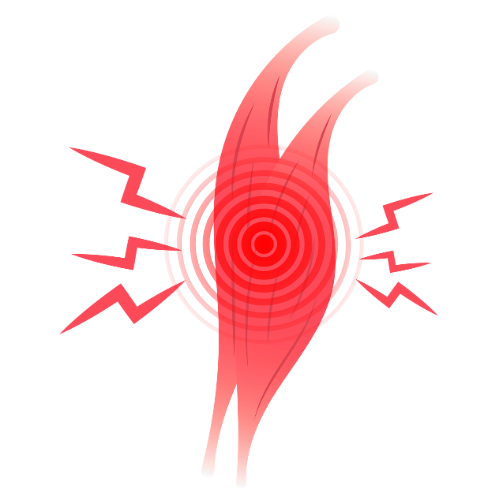
Research suggests that THCA may have anti-inflammatory effects, which could be beneficial for conditions like arthritis or inflammatory bowel diseases.

Some studies indicate that THCA might have neuroprotective properties, potentially helping with neurodegenerative diseases.

THCA may help reduce nausea and vomiting, making it a potential option for those undergoing chemotherapy.
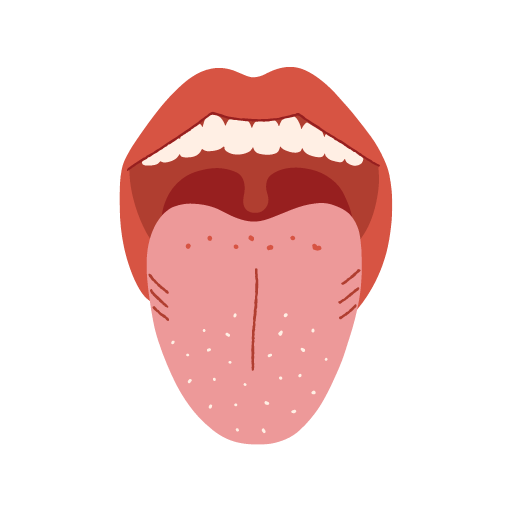
One of the most common side effects associated with cannabinoids, including THCA, is dry mouth, also known as cottonmouth. This occurs because cannabinoids can interfere with saliva production.
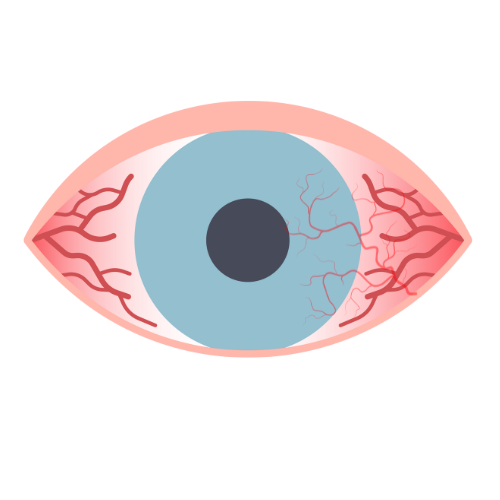
While less pronounced than with THC, THCA may cause slight redness in the eyes due to its potential to dilate blood vessels.
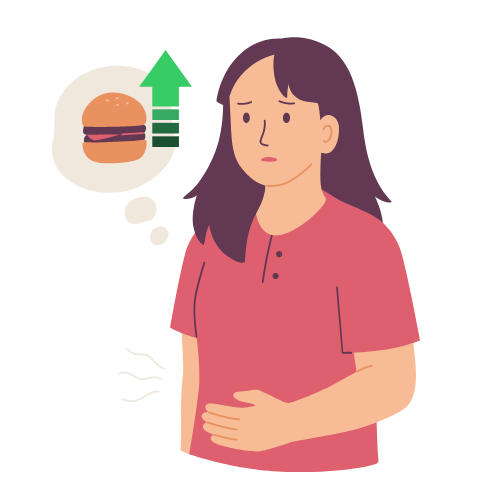
Some users report an increase in appetite after consuming THCA, although this effect is typically milder than the “munchies” associated with THC.
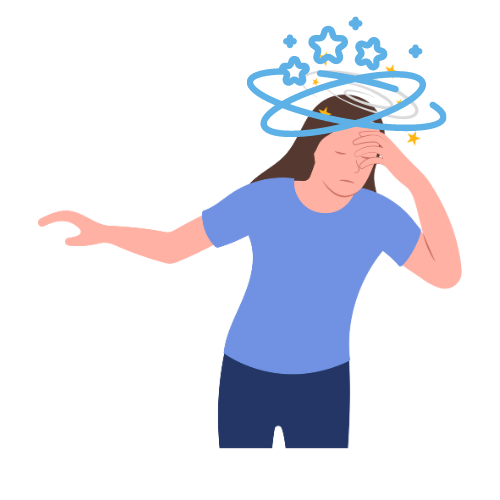
In some cases, particularly with high doses, THCA might cause mild dizziness or lightheadedness.
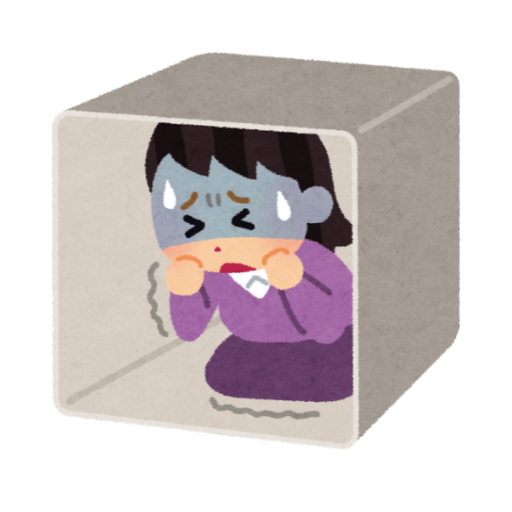
While less common than with THC, some individuals may experience anxiety or paranoia when using THCA, especially in large amounts.
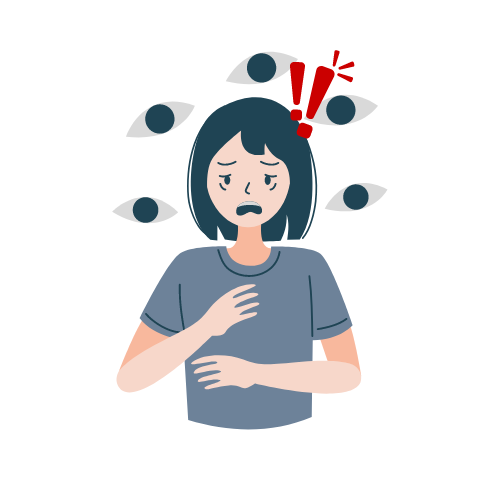
In rare cases, particularly when THCA is converted to THC through heat, users might experience paranoid thoughts.
It’s important to note that THCA, like other cannabinoids, may interact with certain medications. Always consult with a healthcare provider before using THCA, especially if you’re taking other medications.
The legal status of THCA can be complex and varies by location. In some places, THCA may be legal while THC is not. However, it’s crucial to remember that THCA can convert to THC with heat, which could have legal implications.
THCA can be consumed in various ways, each with its own potential for side effects:
The severity and likelihood of side effects often correlate with dosage. Start with a low dose and gradually increase to find the right balance between benefits and side effects.
Everyone’s optimal dose is different. Factors like body weight, metabolism, and tolerance can all play a role in determining the right amount for you.
Some users prefer microdosing, which involves taking very small amounts of THCA regularly. This approach may minimize side effects while still providing potential benefits.
Research on the long-term effects of THCA is still limited. While it’s generally considered safe, more studies are needed to fully understand its long-term impact on health.
When comparing THCA to CBD, another non-psychoactive cannabinoid:
If you experience side effects from THCA, consider these strategies:
While research is ongoing, some users report mood-enhancing effects from THCA. However, those with pre-existing mental health conditions should use caution and consult a healthcare provider.
THCA is being studied for its potential in various medical applications:
To minimize risks:
THCA itself doesn’t produce psychoactive effects. However, when heated, it converts to THC, which can cause a high.
The duration of side effects can vary but typically lasts a few hours. Factors like dosage and individual metabolism play a role.
The legal status of THCA varies by location. In some places, it’s legal as long as it hasn’t been converted to THC.
While THCA itself typically doesn’t trigger a positive drug test, if it’s been converted to THC, it could show up.
Severe side effects from THCA are rare. However, as with any substance, some individuals may have adverse reactions.
THCA generally has a milder side effect profile compared to THC, but may share some similarities with CBD.

Key Features Pros Cons Real User Experience Final Verdict: Is Five CBD Full-Spectrum CBD+THC Oil Worth It? Five CBD Full-Spectrum CBD+THC Oil delivers where it...
Read More
Does THCA Show Up in Drug Tests? The question of whether THCA shows up in drug tests is nuanced and depends on several factors. THCA...
Read More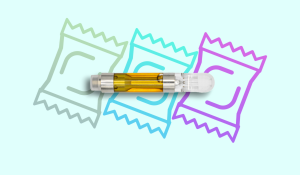
Rising Popularity in the Cannabis Industry The popularity of THCA carts is on the rise in the cannabis industry. This growth can be attributed to...
Read More
A THCA vape is a device used to vaporize THCA-rich cannabis extracts. These vapes heat the THCA just enough to create vapor, but not so...
Read More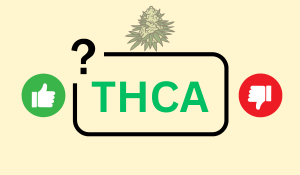
Chemical Structure and Properties THCA is like the caterpillar to THC’s butterfly. It’s the precursor, the starting point. In scientific terms, it’s a carboxylic acid...
Read More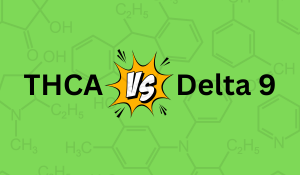
The cannabis plant contains over 100 different cannabinoids, each with its unique properties and effects. Among these, THCA and Delta 9 THC stand out due...
Read More
What Are THCA Diamonds? Chemical Composition and Structure THCA diamonds are pure, crystalline forms of THCA (tetrahydrocannabinolic acid). They look like little transparent crystals, kind...
Read More
Understanding THCA: A Primer Before we start our local THCA treasure hunt, let’s make sure we’re on the same page about how is it Different...
Read More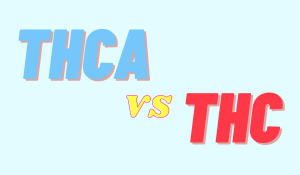
THCA vs THC: A Molecular Comparison At first glance, THCA and THC might seem like twins. But look closer, and you’ll see they’re more like...
Read More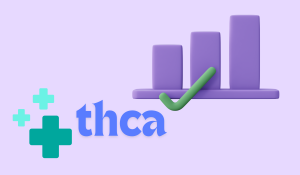
Introduction to THCA Definition of THCA as a Non-Psychoactive Cannabinoid Tetrahydrocannabinolic Acid (THCA) is a prominent cannabinoid found in raw cannabis plants. Unlike Tetrahydrocannabinol (THC),...
Read More